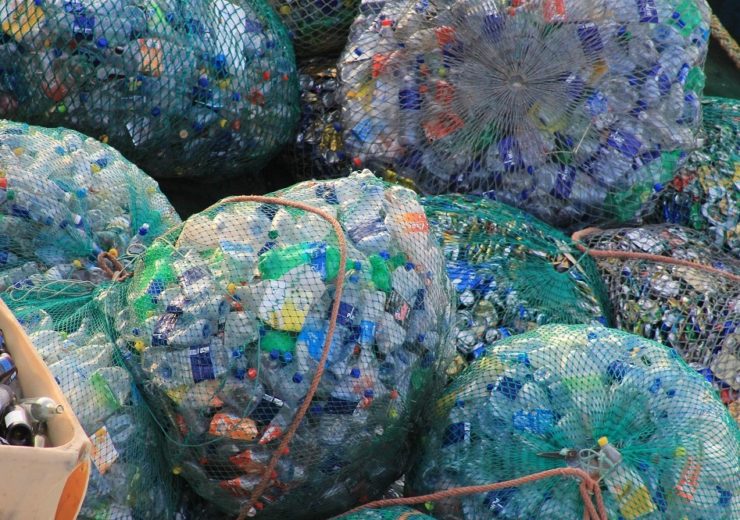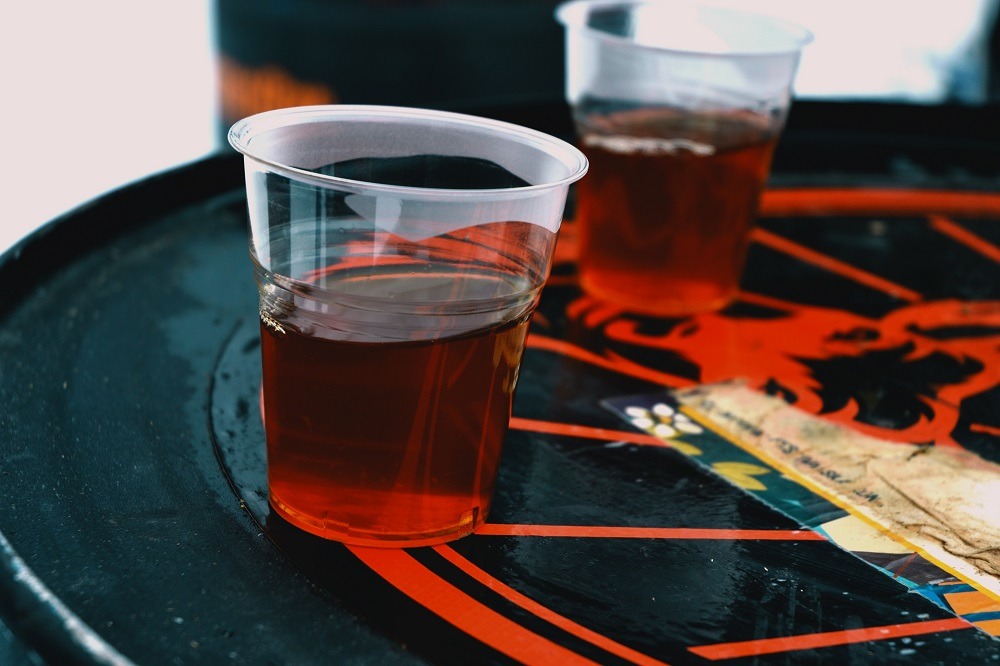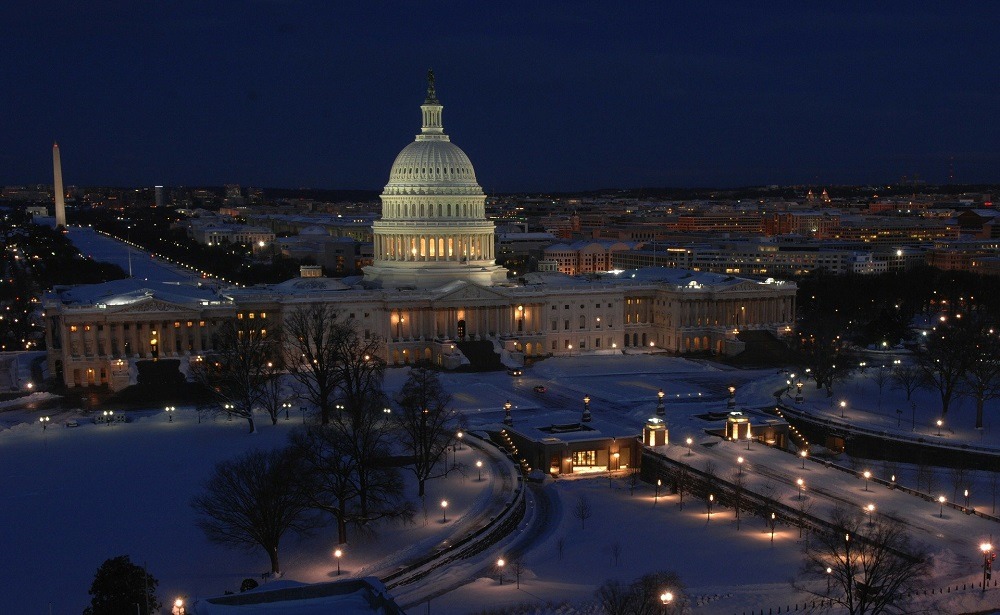Researchers claim that some plastic products — including bags, lids, and caps — are accepted by less than 5% of material recovery facilities in the US

According to the research, only PET and HDPE bottles and jugs are currently widely accepted by US material recovery facilities (Credit: Pixabay)
Some US-based companies are using “recyclable” labels on hundreds of plastic products that are “misleading”, according to a new report published by Greenpeace USA.
The charity surveyed the nation’s 367 material recovery facilities — plants that prepare recyclable products for the market — (MRFs), finding that only PET and HDPE bottles and jugs could be legitimately labelled as recyclable by consumer goods firms and retailers.
Greenpeace has asked several companies to correct their labels, with some changes currently underway.
The Last Beach Cleanup charity founder Jan Dell, who the led the research into plastic acceptance policies, said: “This survey confirms what many news reports have indicated since China restricted plastic waste imports two years ago — that recycling facilities across the country are not able to sort, sell, and reprocess much of the plastic that companies produce.”
Less than 5% of plastic caps and wrappers are collected by MRFs in the US
In the US, plastics are ranked one to seven based upon resin type, including polypropylene — commonly used in coffee cup lids — and polystyrene.
The researchers say these types of plastic items should not be marked as recyclable due to the low acceptance rate from MRFs.
Some of the products — such as plastic clamshells, trays and cups — are accepted at less than 15% of MRFs in the US.
Other plastic items — including bags, lids, caps, wrappers and pouches — are collected by less than 5% of the recovery plants in the country.
Greenpeace USA oceans campaign director John Hocevar said: “Retailers and consumer goods companies across the country are frequently putting labels on their products that mislead the public and harm America’s recycling systems.
“Instead of getting serious about moving away from single-use plastic, corporations are hiding behind the pretense that their throwaway packaging is recyclable.
“We know now that this is untrue. The jig is up.”

Using high-tech machinery, some recyclers can sort plastic material into large amounts of clean bales.
Kate Bailey — a manager for Eco-Cycle Solutions, which runs the recycling operations in Boulder, Colorado — told The Guardian that doing this is a challenge for many recyclers, especially since the materials currently fetch low prices.
She added: “The silver lining is that we’re starting to have some conversations about who should be paying for recycling.
“Turning to cities and residents to pay for recycling is not the way it should be going.
“We [the recyclers] are the scapegoats, but we don’t control how products are made.
“If manufacturers are going to make these products, they should be buying them back. They can be the ones closing the loop.”
Extended producer responsibility bill in the US federal government
Greenpeace’s report comes just a week after lawmakers introduced relevant legislation to the US congress.
Dubbed the Break Free From Plastic Pollution Act — put forward by Democratic politicians, senator Tom Udall and representative Alan Lowenthal — it aims to make producers responsible for the waste they create.
It would also ban plastic take-out bags, utensils and foam containers that can’t be recycled.
Alongside this, it would introduce a nationwide deposit return scheme, designed to incentivise consumers to recycle empty bottles, in return for a refund of 10 cents.

Speaking to The Hill, Lowenthal said: “The public has been told if it says it’s recyclable, it’s recyclable.
“We now know that is not what is actually happening out there.”
The bill, which was first drafted by Udall and Lowenthal in October 2019, would also set minimum recycled requirements for plastic packaging.
Alongside this, it would introduce a temporary ban on the construction of new plastic manufacturing plants.
Passing the legislation is expected to be difficult due to a lack of support from members of the Republican Party, with it currently being reviewed by subcommittees within the federal government.
